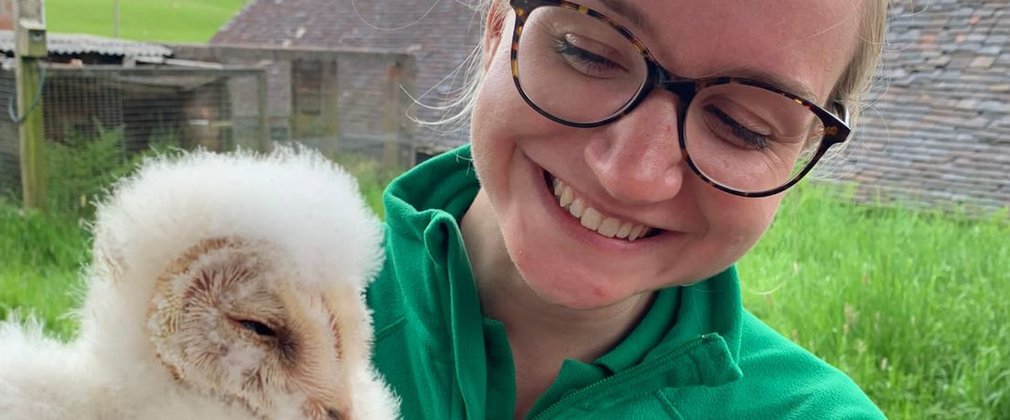
The nation's forests are some of the best places to spot wildlife. We are one of the largest managers of Sites of Special Scientific Interest in England, which are home to some of the country's rarest wildlife.
Ecologists help to provide homes for wildlife in moors, heathlands and bogs as well as forests and woodlands.
What it takes
An ecologist works across all areas of the organisation offering support and advice on environmental issues, such as habitat management and restoration and species introduction programmes. They help carefully balance the needs of wildlife whilst helping to supply a source sustainable timber for the nation and opening our forests for all to enjoy. The role involves a mixture of office work and travelling between forest sites. At Forestry England we also have some specialist roles such as species introductions, wilding and wetland restoration officers.
Forestry England's ecologists play a important role by helping to restore and maintain woodlands and peatlands, vital to helping the impacts of climate change. The role involves:
overseeing ecological monitoring programmes.
consulting with partners and stakeholders on environmental issues.
contributing to, and supporting the delivery of, forest management plans, ensuring all relevant legislation and guidance is followed.
obtaining necessary consents for the management of protected and designated species and habitats.
managing Environmental Impact Assessments and planning applications.
Skills and qualifications
We recommend that you gain experience and certificates where you can. This may include volunteering to gain practical knowledge such as identification skills, online courses for the latest research in forest management and conservation practises through to completing a relevant college course or apprenticeship.
You can get into this job through:
a college course.
an apprenticeship.
volunteering and gaining experience.
applying directly.
shadow volunteer and trainee programme.s
College
Ideally you need a degree or equivalent in subjects such as ecology, conservation, marine or plant biology or environmental science. But some people may progress and gain experience and train as they work.
You'll usually need:
- two or three A levels, or equivalent, for a degree.
a degree in a relevant subject for postgraduate study.
Apprenticeship:
You might be able to start by applying for an Ecologist Level 7 degree apprenticeship.
This usually takes around three years to complete.
Volunteering
Volunteering is a great way to get practical experience and skills, meet new people and develop useful contacts. This might improve your chances of finding work.
Salary
Starting from £32,000.
Typical hours
On average 37 hours per week.
Forestry England offers flexible working patterns where appropriate and lots of other great benefits to support a healthy work/life balance.
How you can grow with us
Your career could progress into:
- management roles – in Forestry England these may be called lead/senior ecologist or head of environment and nature recovery.
- specialist roles like forest wilding programme manager, conservation/species translocation officer.
Applying to work at Forestry England
If being an ecologist sounds like the perfect job for you, check out Civil Service jobs for all our current vacancies.
Our frequently asked questions will help in your application.


